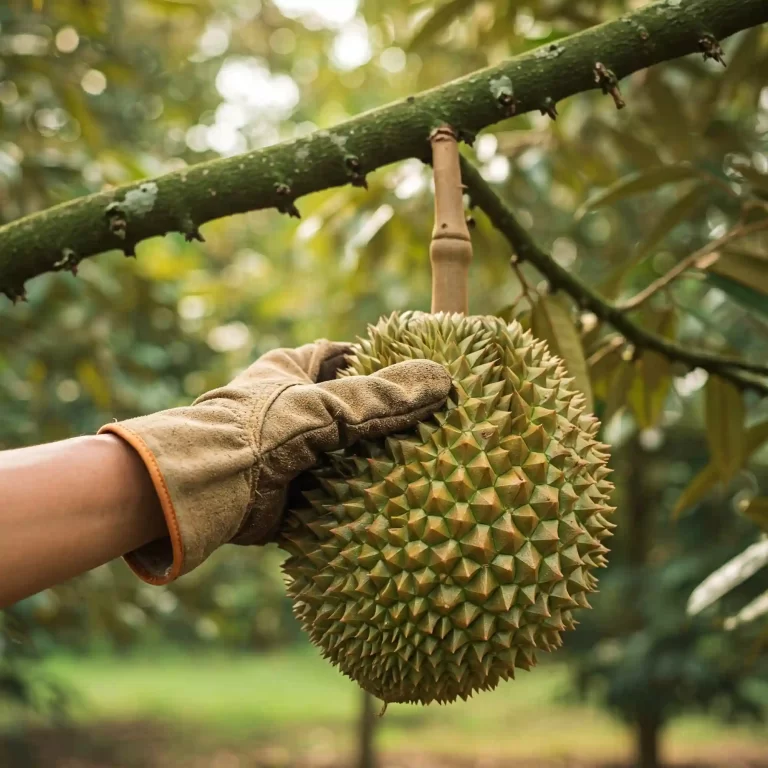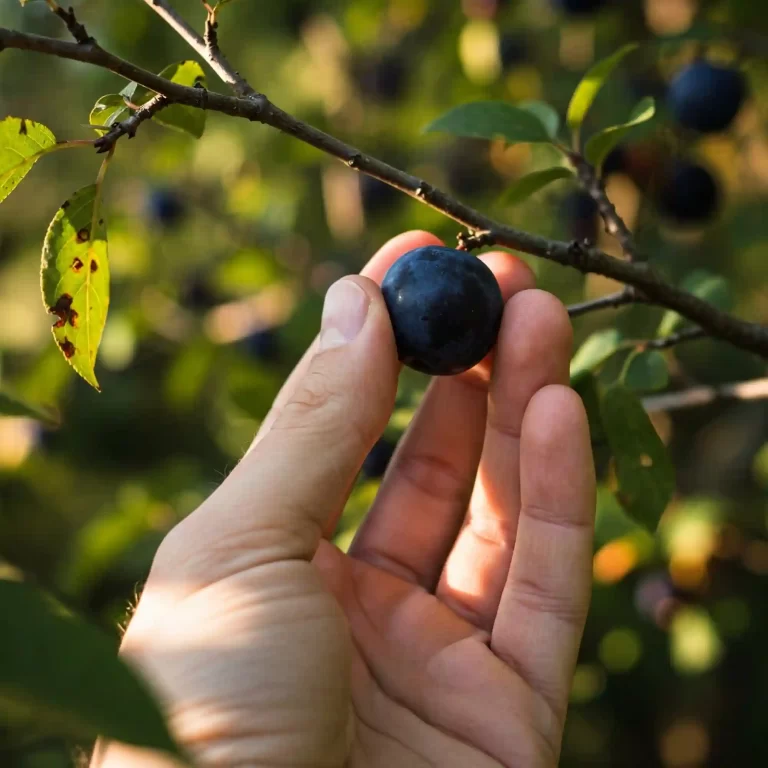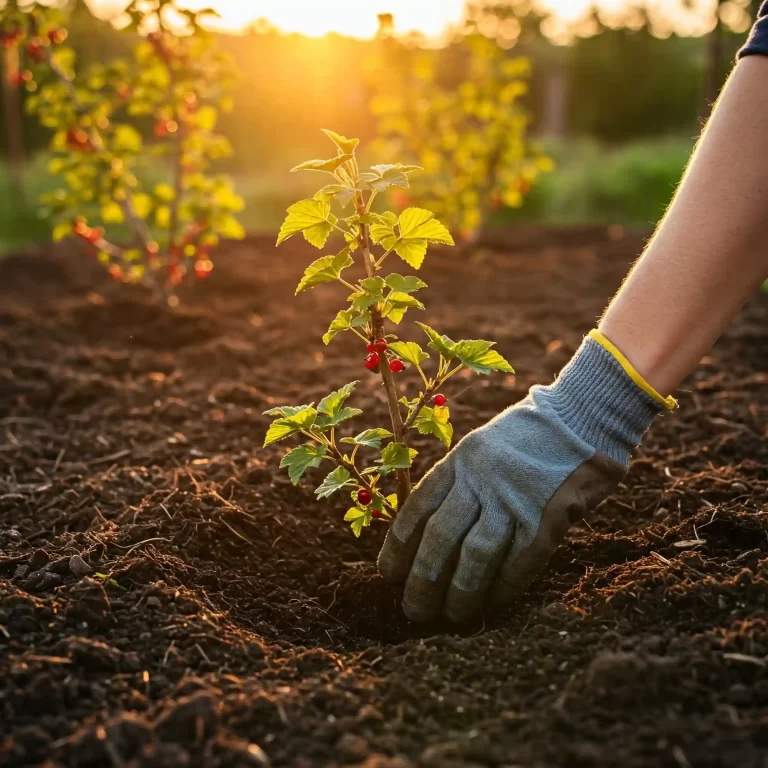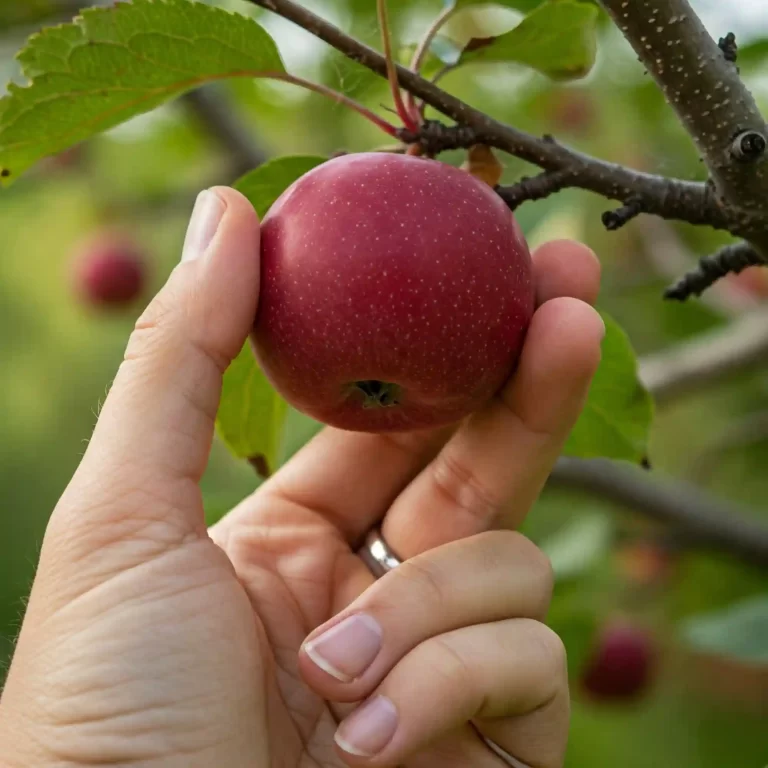Gardening – it’s a symphony of colors, textures, and scents that nourishes both the body and soul. Yet, beneath the beauty lies the potential for prickly thorns, rough soil, and relentless sun. That’s where your trusty gardening gloves step in, acting as a protective shield for your hands, ensuring your gardening endeavors remain a joy, not a chore.
But with a plethora of gardening gloves flooding the market, finding the perfect pair can feel like navigating a thorny maze. Fear not, fellow green thumbs! This comprehensive guide will walk you through the essential factors to consider, the top gloves for various needs, and even how to keep your gloves in tip-top shape. By the end, you’ll be equipped to make an informed decision and select the ideal gloves to elevate your gardening experience.
What to Consider Before Buying Gardening Gloves
Choosing the right gardening gloves isn’t just about grabbing the first pair you see. It’s about understanding your needs, the tasks at hand, and the features that will make your gardening experience comfortable and productive.
Material Matters
The material of your gardening gloves plays a crucial role in their durability, comfort, and suitability for specific tasks. Let’s delve into the most common materials and their unique characteristics:
- Leather: The epitome of durability, leather gloves offer excellent protection against thorns, sharp tools, and rough surfaces. They mold to your hands over time, providing a custom fit. However, they may not be the best choice for wet conditions, as leather can become stiff and uncomfortable when damp.
- Nitrile: These synthetic gloves offer a superior grip, especially in wet or damp conditions. They’re also resistant to punctures and chemicals, making them ideal for handling fertilizers and pesticides. However, they may not be as breathable as other materials, potentially leading to sweaty hands in hot weather.
- Cotton: Known for its breathability and comfort, cotton is a popular choice for light gardening tasks. It’s gentle on the skin and allows for good dexterity. However, cotton gloves offer minimal protection against thorns and sharp objects, making them unsuitable for heavy-duty tasks.
- Bamboo: An eco-friendly alternative, bamboo gloves are incredibly soft and gentle, perfect for those with sensitive skin. They’re also naturally breathable and moisture-wicking. However, like cotton, bamboo gloves offer limited protection against thorns and may not be the most durable option.
| Material | Pros | Cons | Best For |
| Leather | Durable, thorn-proof, molds to your hand | Not ideal for wet conditions, can be stiff | Heavy-duty tasks, pruning, handling sharp tools |
| Nitrile | Excellent grip, water-resistant, chemical-resistant | Less breathable, can cause sweaty hands | Wet conditions, handling fertilizers and pesticides |
| Cotton | Breathable, comfortable, good dexterity | Minimal protection against thorns, not very durable | Light gardening tasks, planting seedlings |
| Bamboo | Eco-friendly, soft, gentle on skin, breathable | Limited protection, not very durable | Sensitive skin, light gardening tasks |
The Perfect Fit
Ill-fitting gloves can lead to discomfort, blisters, and reduced dexterity. Ensure the gloves are snug but not too tight, allowing for comfortable movement of your fingers and hands. Consider the length of the gloves as well. Wrist-length gloves offer basic protection, while gauntlet-style gloves extend up the forearm, providing additional coverage for tasks like pruning thorny bushes or reaching into deep planters.
Task-Specific Gloves
Different gardening tasks demand different levels of protection and dexterity. For heavy-duty tasks like pruning roses or handling prickly plants, opt for thorn-proof gloves with reinforced fingertips and palms. Delicate tasks like planting seedlings or transplanting require gloves with excellent dexterity, allowing for precise handling. For general gardening tasks like weeding, watering, and planting, all-purpose gloves with a good balance of protection and flexibility are ideal.
Features to Look For
- Reinforced Fingertips and Palms: These add durability to high-wear areas, extending the lifespan of your gloves.
- Water-resistant or Waterproof Coating: Ideal for wet conditions or tasks involving water, keeping your hands dry and comfortable.
- Touchscreen Compatibility: Allows you to use your phone or tablet without taking off your gloves, a convenient feature in today’s digital age.
- Extended Cuffs: Provide additional protection for your wrists and forearms from scratches and dirt.
- Breathable Fabric: Ensures good air circulation, preventing sweaty and uncomfortable hands.
Price Point
Gardening gloves come in a wide range of prices, from budget-friendly options to premium models. Consider your needs, budget, and the frequency of your gardening activities when making a decision. While it’s tempting to opt for the cheapest pair, remember that investing in a quality pair of gloves can save you money in the long run by lasting longer and providing better protection.
By carefully considering these factors, you’ll be well on your way to finding the perfect gardening gloves that fit like a second skin and empower you to tackle any gardening task with confidence and comfort.
Top 5 Gardening Gloves for Every Gardener
Now that you understand the key considerations for choosing gardening gloves, let’s explore some of the top-rated options available, catering to various gardening needs and preferences.
Best Overall Gardening Gloves: Atlas Nitrile Garden Gloves
These gloves strike a perfect balance between durability, dexterity, and comfort. The nitrile coating offers excellent grip and water resistance, while the breathable nylon liner keeps your hands cool and dry. The reinforced fingertips and palms provide added durability for tackling tough tasks. Whether you’re weeding, planting, or pruning, these gloves are a reliable companion for any gardening adventure.
Best Gardening Gloves for Thorns: Exemplary Gardens Rose Pruning Gloves
Designed with rose enthusiasts in mind, these gloves boast thorn-proof gauntlets that extend up the forearm, providing maximum protection against prickly stems and branches. The leather palms offer a secure grip, while the breathable fabric back ensures comfort even during extended wear. Say goodbye to scratches and punctures with these formidable gloves.
Best Waterproof Gardening Gloves: Showa Atlas 370
These gloves are the ultimate defense against wet conditions. The fully coated nitrile construction keeps your hands bone dry, while the breathable back prevents moisture buildup. The textured fingertips provide exceptional grip, even when handling slippery tools or plants. Whether you’re working in the rain or dealing with muddy soil, these gloves will keep your hands comfortable and protected.
Best Gardening Gloves for Dexterity: Pine Tree Tools Bamboo Gardening Gloves
If delicate tasks like planting seeds or transplanting seedlings are your forte, these bamboo gloves are a game-changer. The thin, flexible bamboo fabric offers unparalleled dexterity, allowing you to feel every nuance of the soil and plants. The snug fit and touchscreen-compatible fingertips further enhance your control and precision.
Best Budget-Friendly Gardening Gloves: Cooljob Gardening Gloves
Gardening on a budget doesn’t mean compromising on quality. These affordable gloves provide decent protection and comfort for general gardening tasks. The latex coating offers good grip and water resistance, while the breathable fabric back keeps your hands cool. While they may not be as durable as premium options, they’re a great value for occasional gardeners or those on a tight budget.
How to Care for Your Gardening Gloves
Your gardening gloves are an investment in your comfort and safety. With proper care, you can extend their lifespan and keep them performing at their best.
- Regular Cleaning: After each use, gently brush off any dirt or debris. For light soiling, simply rinse the gloves with water and mild soap. If they’re heavily soiled, follow the care instructions on the label. Some gloves may be machine washable, while others require hand washing.
- Thorough Drying: Always air dry your gloves completely before storing them. Trapped moisture can lead to mildew and unpleasant odors, compromising the gloves’ integrity.
- Proper Storage: Store your gloves in a cool, dry place away from direct sunlight. Avoid storing them in damp or humid areas, as this can promote mold growth. If possible, hang them up to maintain their shape and prevent creases.
- Leather Treatment: If you have leather gloves, consider treating them with a leather conditioner periodically. This will help keep the leather supple and prevent it from cracking or drying out.
- Minor Repairs: Address any small tears or holes promptly to prevent them from getting worse. You can use a needle and thread or a fabric glue specifically designed for gloves.
By following these simple care tips, you can ensure that your gardening gloves remain in good condition for many seasons to come. Remember, a well-maintained pair of gloves is not only more comfortable and effective but also more hygienic, protecting your hands from potential irritants and infections.
Where to Buy Gardening Gloves
When it’s time to purchase your new gardening gloves, you have several options to choose from.
Online Retailers
Online platforms like Amazon, Etsy, and specialty gardening websites offer a vast selection of gardening gloves, often at competitive prices. You can conveniently browse through different brands, styles, and features from the comfort of your home. Additionally, online retailers often provide customer reviews and ratings, helping you make informed decisions.
Local Gardening Stores
Visiting your local gardening store allows you to see and feel the gloves before buying them. You can also benefit from expert advice from knowledgeable staff who can recommend the best gloves for your specific needs and preferences. Supporting local businesses is another great reason to consider buying from your neighborhood gardening store.
Big Box Stores
Large retailers like Ace Hardware and Mitra10 may have a limited selection of gardening gloves, but they often offer lower prices. These stores are a good option for basic gardening gloves or if you’re looking for a quick and convenient purchase.
No matter where you choose to buy your gardening gloves, make sure to consider the factors discussed earlier, such as material, fit, intended use, and features. Take your time to research and compare different options before making a purchase. Remember, a good pair of gardening gloves is an investment that will pay off in comfort, protection, and gardening enjoyment.
Frequently Asked Questions About Buying Gardening Gloves
Even with the best guide, questions can still sprout up like weeds! Let’s tackle some of the most common queries about gardening gloves:
- What size gardening gloves should I buy?
- Most gardening gloves come in standard sizes (small, medium, large, etc.). Refer to the manufacturer’s size chart and measure your hand circumference to find the right fit. Remember, gloves should be snug but not too tight.
- How often should I replace my gardening gloves?
- The lifespan of gardening gloves depends on the material, frequency of use, and the types of tasks performed. Inspect your gloves regularly for signs of wear and tear, such as holes, tears, or worn-out padding. Generally, it’s a good idea to replace your gloves every season or two, or sooner if they show significant damage.
- Can I use gardening gloves for other tasks?
- Absolutely! Gardening gloves can be handy for various tasks around the house and yard, such as cleaning, DIY projects, or handling firewood. Just make sure to choose gloves suitable for the specific task. For example, avoid using delicate gardening gloves for heavy-duty tasks that require more protection.
- Are there any eco-friendly gardening gloves available?
- Yes, several brands offer eco-friendly gardening gloves made from sustainable materials like bamboo, organic cotton, and recycled rubber. These gloves are a great choice for environmentally conscious gardeners who want to minimize their impact on the planet.
- What are the best gardening gloves for people with sensitive skin?
- If you have sensitive skin, opt for gloves made from natural, breathable materials like bamboo or organic cotton. Avoid gloves with harsh chemicals or synthetic dyes that may irritate your skin. Look for gloves with a seamless interior and soft lining for added comfort.
By addressing these common questions, you’ll be even better prepared to make an informed decision and find the gardening gloves that perfectly suit your needs and preferences. Remember, the right gloves can make a world of difference in your gardening experience, so don’t hesitate to invest in a pair that will protect your hands and enhance your enjoyment of this fulfilling hobby.
Conclusion
In the grand tapestry of gardening, your hands are the weavers of beauty and bounty. Protecting them with the right pair of gardening gloves isn’t just a practical choice—it’s an investment in your passion.
Remember, the ideal gardening gloves are an extension of your hands, offering protection, comfort, and dexterity to help you nurture your green haven. By considering your individual needs, exploring the various options available, and taking good care of your gloves, you can ensure that every gardening session is a joyful and fulfilling experience.
So, the next time you venture into your garden, slip on your trusty gloves, and let your hands work their magic, knowing they’re safeguarded and ready to create something truly extraordinary.
Do you have a favorite pair of gardening gloves that you swear by? Or perhaps you have burning questions about glove selection or care? Share your thoughts and experiences in the comments below! We’d love to hear from you. And don’t forget to explore the rest of our gardening website for more tips, tricks, and inspiration to help you cultivate your green thumb and create a garden that flourishes.



